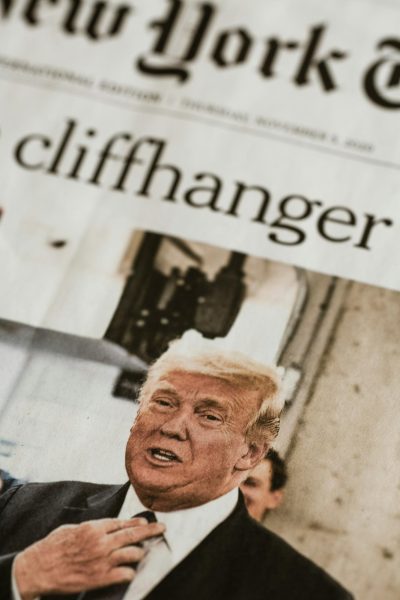Castro’s comments on the American Empire
The Obama Administration’s efforts towards normalizing the tense relations between America and Cuba have been rejected by many, including past Cuban president Fidel Castro.
Being the first United States president to visit Cuba in 88 years, many looked to Barack Obama’s trip as a means of progression and appeasement for the Cuban embargo, according to Patrick Oppmann of CNN.
The meeting’s intentions were to send genuine messages to both the American and Cuban citizens; however, it has rather enforced and strengthened the disagreements between the two nations.
Obama hit many highlights on working towards rebuilding relations and focused heavily on what the future can hold for both America and Cuba. He put emphasis on their similarities and stated that the two were both ancestors of Africa and were built upon the work of slaves.
The president went on to note that, “like the United States, the Cuban people can trace their heritage to both slaves and slave-owners.” Fidel, however, did not seem to take his words well or with much legitimacy.
Jennifer Horan, a professor in the political science department at UNC Wilmington, mentioned that Fidel is often thought of as “the voice against imperialism,” which is essentially the counter to Americanization.
In Fidel’s full-page column titled “Brother Obama” published in the Cuban communist party newspaper Granma, he criticized the president for rejecting in his statements the existence of native populations and the importance of the Cuban Revolution.
Fidel goes on to critique the legitimacy of Obama’s knowledge by suggesting he is too young to understand the events that counter his appeals.
In his piece, he noted not only Obama’s birthdate, but also small hints of mockery by stating “before Mr. Barrack Obama was 10 years old.”
Although America is known for supplying agricultural products to Cuba, Fidel mentions that they are well off without any help coming from America, stating “we do not need the empire to give us anything.”
It would be beneficial to the US economy to lift the embargo, according to the Chamber of Commerce and Cuba Policy Foundation. It is now a matter of foreign policy plans and reforms that will dictate where this relationship will go.
Horan explains Cuba’s resistance towards agreements with America by mentioning that Fidel has long since viewed America as an “imperial actor in the western hemisphere.”
For the communist-Marxist government, democratic propaganda has been advised against and often times banned within the state.
And while Fidel’s comments were critical of the nation and its attempts to reform the sovereign state, he concluded his piece by stating, “our efforts will be legal and peaceful,” reminding his audience as a whole of his “commitment to peace and fraternity among all human beings who live on this planet.”










